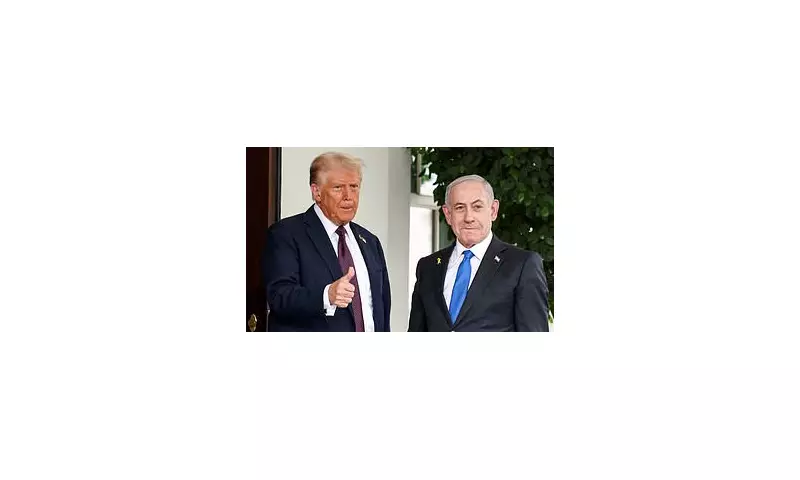
In a stunning development that could reshape Middle Eastern politics, Hamas has reportedly given its approval to former President Donald Trump's controversial peace proposal for Gaza. The unexpected endorsement represents a dramatic departure from the militant group's previous hardline stance and could potentially pave the way for renewed peace negotiations.
Diplomatic Earthquake in Middle East Politics
Sources close to the negotiations reveal that Hamas leadership has undergone a significant strategic shift, with senior figures within the organisation now viewing Trump's plan as a viable framework for resolving the protracted conflict. This remarkable turnaround comes after months of secret back-channel discussions between intermediaries representing both sides.
The Trump administration's peace proposal, initially met with widespread scepticism when unveiled in 2020, outlined a comprehensive vision for Gaza's future that included substantial economic investment in exchange for security guarantees. While details remain confidential, insiders suggest the plan addresses key humanitarian concerns while maintaining Israel's security requirements.
International Reaction and Implications
World leaders and diplomatic corps have been caught off-guard by Hamas's unexpected endorsement. The European Union has cautiously welcomed the development, while regional powers are reportedly scrambling to assess the potential ramifications for the broader Israel-Palestine peace process.
Political analysts are describing this as potentially the most significant breakthrough in Middle East diplomacy in over a decade. The move could isolate more radical elements within Palestinian politics and create new opportunities for international mediation efforts.
What This Means for Future Negotiations
- Potential reopening of formal peace talks after years of stalemate
- New opportunities for international investment in Gaza's infrastructure
- Possible recalibration of regional alliances
- Increased pressure on other Palestinian factions to engage with the process
However, significant challenges remain. Hardliners on both sides have already voiced opposition to any agreement involving their traditional adversaries. The Israeli government has yet to issue an official response, though preliminary statements suggest cautious interest in exploring this unexpected development further.
As the international community digests this bombshell announcement, all eyes will be on how this potential breakthrough translates into concrete action on the ground. The coming weeks are likely to see intense diplomatic activity as world powers seek to capitalise on this unexpected opening for peace.






